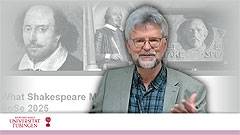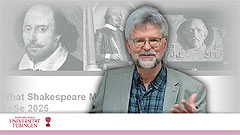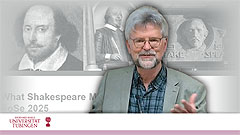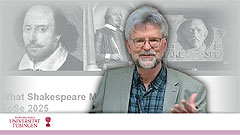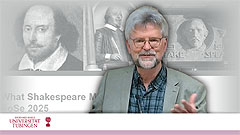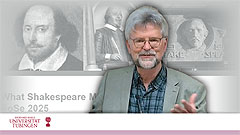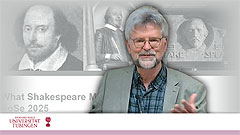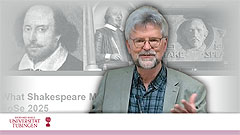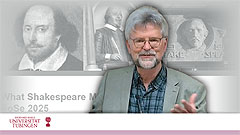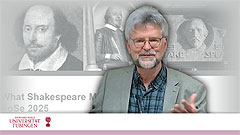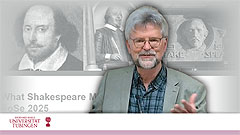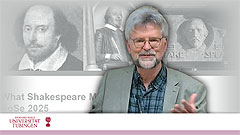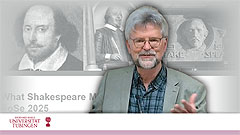Vorlesung What Shakespeare Means - and How, 15. und 16. Stunde
Zirker, Angelika;
Bauer, Matthias
(2025)
| mla clipboard |
Zirker A., et al. "Vorlesung What Shakespeare Means - and How, 15. und 16. Stunde.", timms video, Universität Tübingen (2025): https://timms.uni-tuebingen.de:443/tp/UT_20250603_001_sose25shakesmeans_0001. Accessed 08 Dec 2025. |
| apa clipboard |
Zirker, A. & Bauer, M. (2025). Vorlesung What Shakespeare Means - and How, 15. und 16. Stunde. timms video: Universität Tübingen. Retrieved December 08, 2025 from the World Wide Web https://timms.uni-tuebingen.de:443/tp/UT_20250603_001_sose25shakesmeans_0001 |
| harvard clipboard |
Zirker, A. and Bauer, M. (2025). Vorlesung What Shakespeare Means - and How, 15. und 16. Stunde [Online video]. 3 June. Available at: https://timms.uni-tuebingen.de:443/tp/UT_20250603_001_sose25shakesmeans_0001 (Accessed: 8 December 2025). |
| file download | bibtex endnote |
Information
current
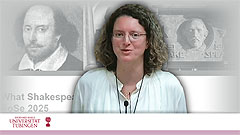
01:19:02
Vorlesung What Shakespeare Means - and How, 15. und 16. Stunde
(2025-06-03)
related

